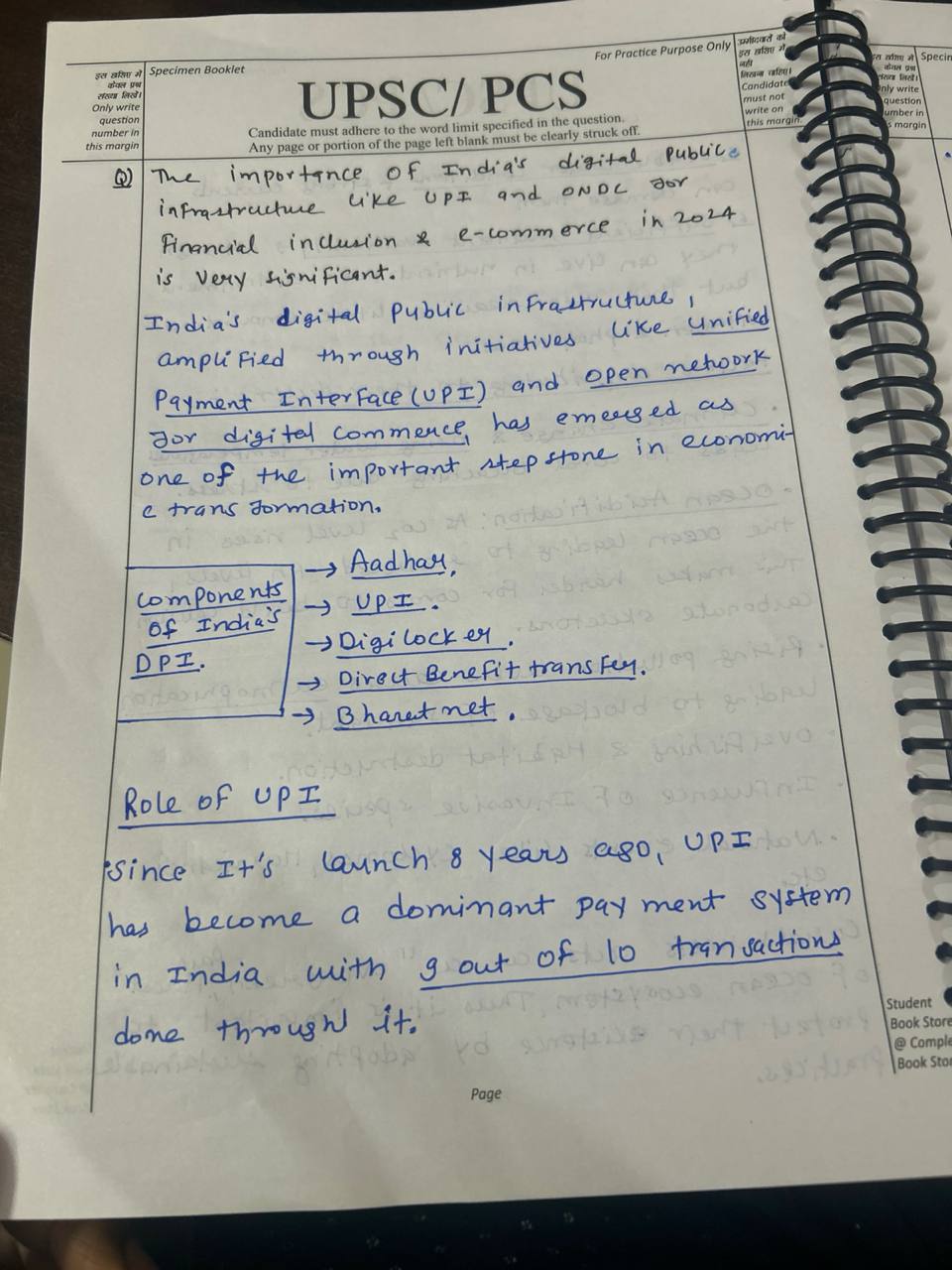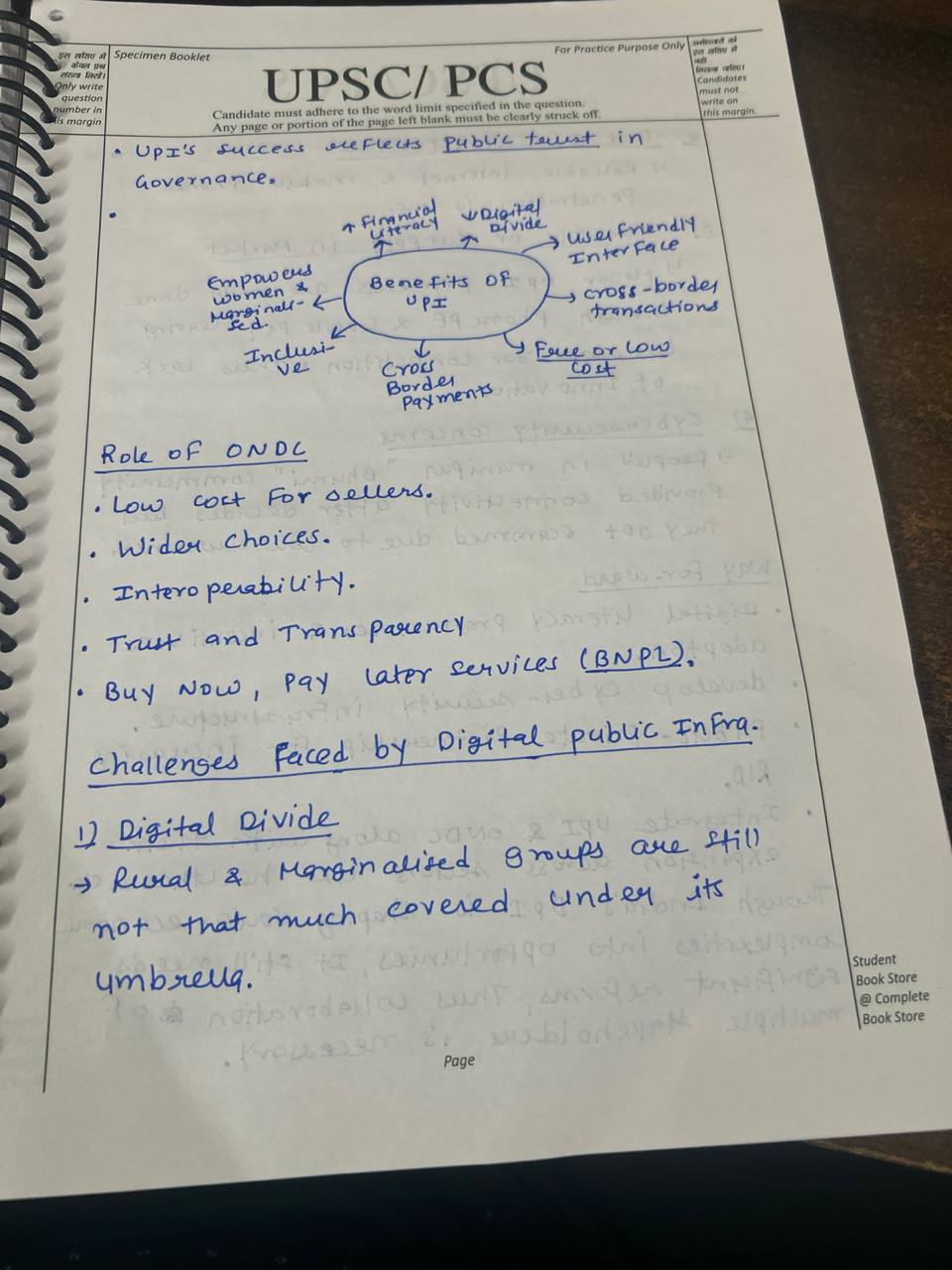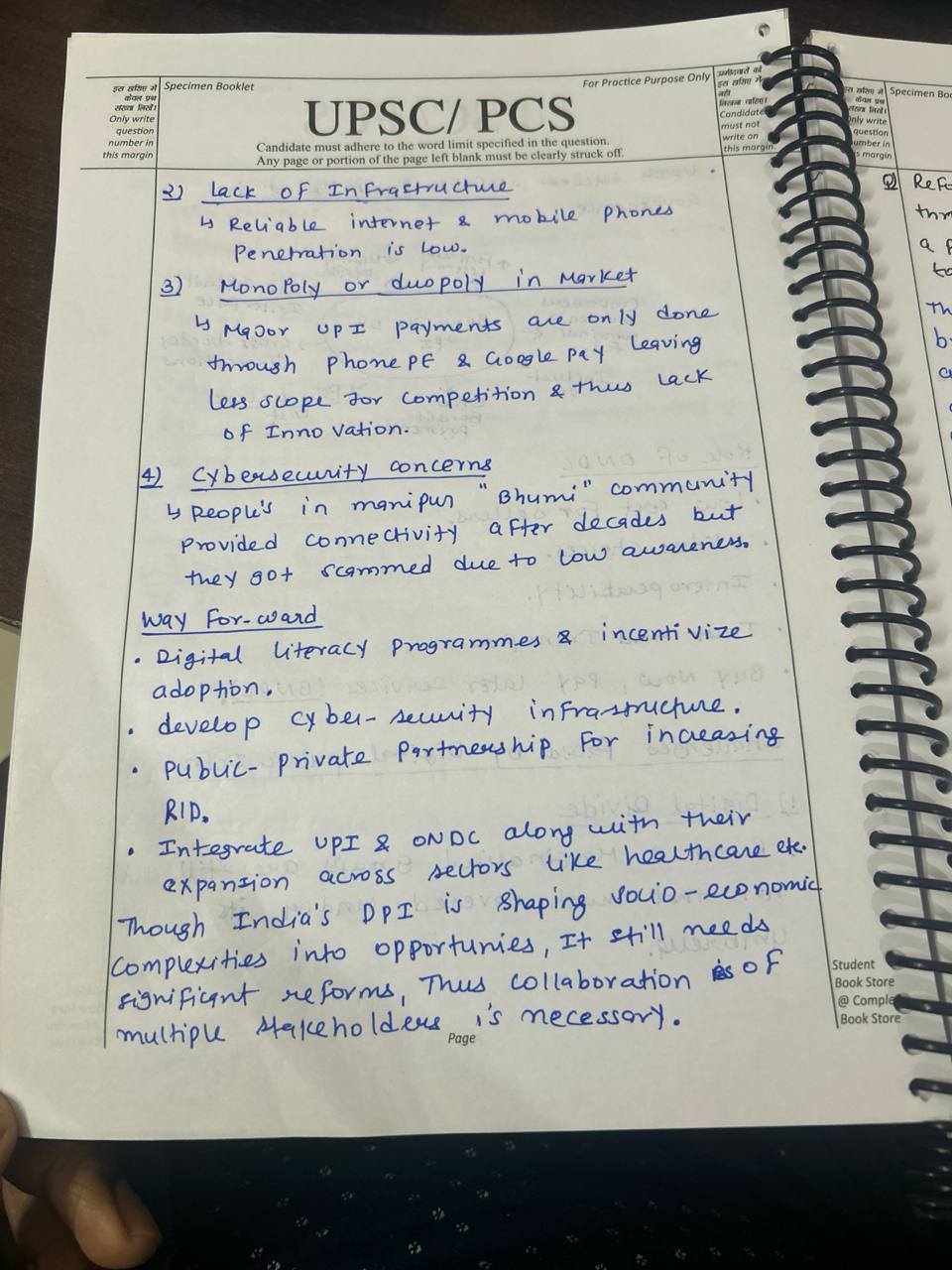Roadmap for Answer Writing To answer the question effectively, we need to take a structured approach. Here’s a step-by-step roadmap for writing a comprehensive response: 1. Introduction Context Setting: Begin with a brief introduction to Lokayuktas and their role in the anti-corruption framework ...
Model Answer Ethical Concerns in Celebrity Endorsements Celebrity endorsements in advertising and marketing have become highly influential, but they raise several ethical concerns that need careful consideration. These dilemmas revolve around issues like authenticity, safety, misleading information,Read more
Model Answer
Ethical Concerns in Celebrity Endorsements
Celebrity endorsements in advertising and marketing have become highly influential, but they raise several ethical concerns that need careful consideration. These dilemmas revolve around issues like authenticity, safety, misleading information, and conflicts of interest.
Authenticity of Endorsements
One of the primary ethical concerns is the authenticity of the products being endorsed. Celebrities often promote items they have never personally used, leading consumers to believe in the product’s benefits based on the celebrity’s endorsement alone. For example, celebrities endorsing cosmetics or soaps they have never tried can mislead customers who trust their role models. The authenticity of such claims is questionable, as the celebrity’s endorsement may not be based on first-hand experience.
Unsafe or Ineffective Product Endorsement
Celebrities may also endorse products that are unsafe or ineffective, leading to significant ethical issues. For instance, tobacco and pan masala products, which are harmful to health, have been endorsed by well-known figures. Young audiences, especially, might be influenced by their favorite celebrities, potentially encouraging unhealthy behaviors. This raises concerns about the responsibility of celebrities to consider the potential impact of their endorsements on public health.
Misleading Information
Another major ethical dilemma is the dissemination of misleading information. Celebrities might exaggerate or falsely claim the benefits of a product. For example, an endorsement claiming that a specific motor oil is responsible for a celebrity’s car’s performance might mislead consumers into believing it has such extraordinary qualities. This not only damages public trust but also undermines consumer rights to accurate information.
Conflict of Interest
Celebrities might also face conflicts of interest when endorsing products that contradict their public image or personal beliefs. For instance, a fitness-conscious celebrity endorsing sugary carbonated drinks creates a conflict between their health-focused image and the product’s characteristics. Such endorsements can lead to ethical issues regarding the integrity of the celebrity’s personal values.
Override Expert Opinion
When celebrity endorsements overshadow expert opinions, it creates an ethical concern. A celebrity endorsing an unhealthy food product, like instant noodles, as a healthy option could mislead consumers into disregarding professional advice from nutritionists and doctors. This undermines the importance of expert guidance in decision-making, especially for health-related products.
Conclusion
Celebrity endorsements continue to be a popular marketing tool, but it is crucial for celebrities to consider the ethical implications of their endorsements. Their influence can have significant consequences on public behavior, and they must be responsible in promoting products to ensure they align with ethical standards and public well-being.
See less



Model Answer Introduction The Lokayuktas were established under the Lokpal and Lokayuktas Act, 2013, to act as anti-corruption ombudsmen at the state level, tasked with investigating allegations of corruption against public functionaries. However, the institution has faced challenges in fulfilling iRead more
Model Answer
Introduction
The Lokayuktas were established under the Lokpal and Lokayuktas Act, 2013, to act as anti-corruption ombudsmen at the state level, tasked with investigating allegations of corruption against public functionaries. However, the institution has faced challenges in fulfilling its intended role, and there has been a growing call for strengthening its powers to enhance its effectiveness in addressing corruption and maladministration.
Issues Hindering the Effectiveness of Lokayuktas
The Lokpal and Lokayuktas Act, 2013 mandates the establishment of Lokayuktas but does not provide detailed provisions on their composition, powers, or operational guidelines. States are required to pass their own Lokayukta laws, but many have failed to do so, leading to inconsistencies in the functioning of these institutions (Source: Lokpal and Lokayuktas Act, 2013).
The process of appointing Lokayuktas often involves political figures, which can lead to a conflict of interest, as the body is tasked with investigating politicians and public officials. This undermines the institution’s independence and effectiveness in tackling corruption (Source: Public Administration Review).
Prolonged vacancies in the Lokayukta positions in various states impede the smooth functioning of the institution. Delays in appointments reduce the accountability of public officials and affect the timely investigation of corruption cases (Source: The Hindu, 2022).
There is a lack of uniformity in the jurisdiction of Lokayuktas. In some states, the Chief Minister is within the Lokayukta’s jurisdiction, while in others, such as Uttar Pradesh and Bihar, the Chief Minister is excluded. This inconsistency creates confusion and limits the scope of the Lokayukta’s investigations (Source: India Today, 2021).
Recommendations to Strengthen Lokayuktas
Lokayuktas should be granted more comprehensive powers, including the ability to investigate all state government employees, local bodies, and state corporations. They should also have financial and managerial autonomy to function independently (Source: The Hindu).
To ensure impartiality, the appointment of Lokayuktas should be transparent and free from political influence. Clear guidelines for the selection process should be established to avoid conflicts of interest (Source: The Times of India, 2023).
A robust legal framework to protect whistleblowers is essential to encourage reporting of corruption without fear of retaliation. Lokayuktas should be empowered to offer this protection and initiate inquiries independently, with dedicated police and prosecution wings (Source: The Economic Times, 2023).
States should be required to provide written reasons when rejecting recommendations made by the Lokayukta. This will enhance transparency and accountability in the functioning of state governments (Source: India Today, 2022).
Conclusion
Strengthening the powers of Lokayuktas is critical for addressing corruption and ensuring accountability in governance. By providing the institution with greater autonomy, clear jurisdiction, and adequate protection for whistleblowers, Lokayuktas can fulfill their intended role in promoting good governance and anti-corruption efforts across India.
See less